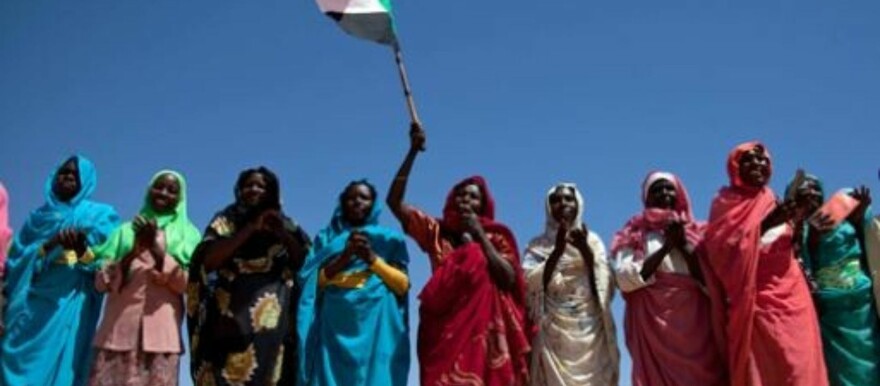As the world celebrates this year’s International Women’s Day, women in Central Darfur face extremely difficult and complex humanitarian conditions due to the ongoing war in Sudan.
The close to a year-long war has muddied the survival waters for women in all spheres of life including livelihoods, health, and frequent rights violations.
The war has forced women to work in extremely harsh conditions to secure their livelihoods and that of their children. Frustrated women in Central Darfur have now resorted to strenuous jobs largely viewed as male-dominated. These include; serving as casual laborers at construction sites, brick making, or preparing concrete at construction sites. All these have mean returns that cannot comfortably meet their family needs.
Additionally, the war has driven thousands into displacement camps whose meager facilities are loudly overstrained and overstretched.
Today, the women who call the camps their homes have continued to curse the armed confrontations that uprooted them from their homes and consigned them to refugees who must live in the temporary shelters in the camps.
Mrs. Mastura Eissa, a displaced woman hosted by one of her sisters, expresses her aspiration to return to the camp after leaving it due to the war.
She says her previous house in the camp remains better than her shelter in the current refugee site. Mastura describes the situation as difficult and complains about the lack of humanitarian aid, which has prompted her to cultivate onions for self-sufficiency despite her fears of the possibility of the crop being looted at the end of the season.
Maryam Ramadhan, another displaced woman, sells concrete. She told Tamazuj that she had nothing to buy basic commodities for her four children. She says the concrete business has of late witnessed a glut.
Her husband lost his job after the war started leaving her alone to provide for the family. She said she has a piece of farmland but lacks the seeds and necessary farm inputs to cultivate this season.
“The war has made most of my family’s agricultural properties vulnerable to looting and vandalism.”
Meanwhile, Haleema Abbakar recounts her tragic situation and says the war forced her to reside in a shelter within the Ministry of Urban Planning with her eight children after leaving the Hassahissa displacement camp.
She says her daughter cultivated okra but thieves attacked the farm and destroyed the crop and that they have not received any relief aid, adding that humanitarian organizations have not yet reached out to them.
“With the encroachment into my farm, and the lack of any family income, being a single mother, my eight children are staring at hunger and starvation,” Abubakar added.
She wishes she could return to the displaced people’s camp but lacks the means and has since resorted to doing domestic work and other jobs.
The stories of Haleema, Mastura, and Maryam represent snapshots of the suffering and daily challenges women in Central Darfur experience.
The majority, mainly single mothers, struggle alone and in most circumstances, they are confronted with a lack of social services including support from local and international aid agencies.
International Women’s Day provides an opportunity for the world to pay attention to women facing urgent challenges and difficulties that require immediate intervention.




